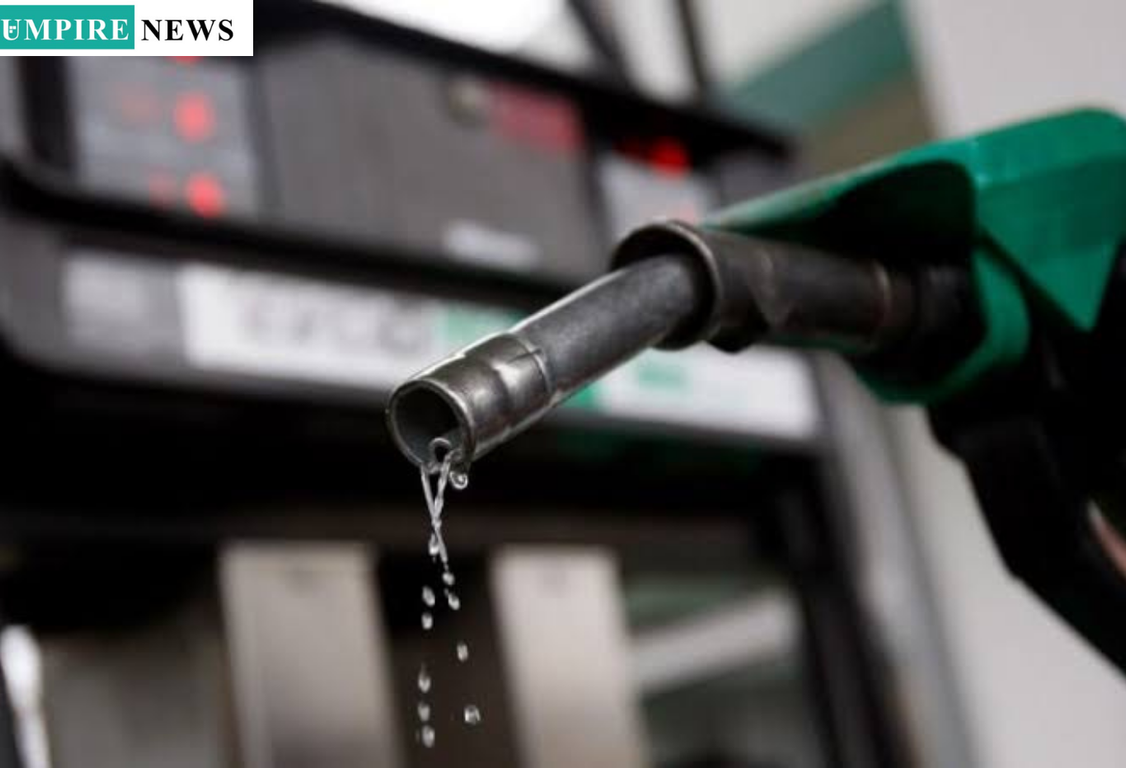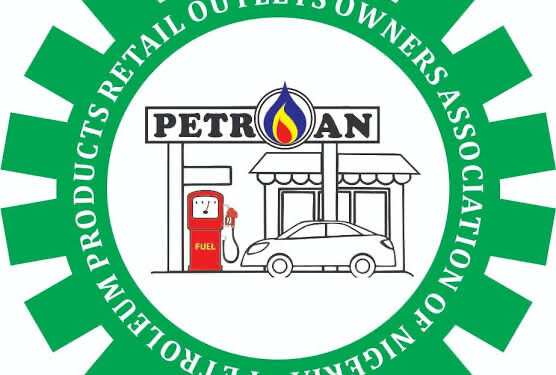The President of the Petroleum Products Retail Outlets Association of Nigeria (PETROAN), Billy Gillis-Harris, has made a public appeal to Dangote Refinery, urging them to operate with more transparency and disclose the actual cost of Premium Motor Spirit (PMS) to Nigerians.
He stressed the need for the refinery, which is a key player in Nigeria’s oil sector, to be more open in its operations, particularly concerning the pricing of PMS, commonly referred to as petrol.
Gillis-Harris made this call during a recent interview, where he expressed concern over the refinery’s lack of openness regarding its pricing structure.
He emphasized that, as major stakeholders in the retail business, operators like PETROAN and its members deserve to be informed about the details of the refinery’s PMS pricing. According to him, this secrecy has raised several questions within the industry.

“Regarding Dangote price, as I speak to you this morning, I don’t know what Dangote price is all about and that is speaking a lot because, at this point in the Dangote campaign in Nigeria, retail outlets like us should know the price input of Dangote but they have kept that shrouded in secrecy up until now,” Gillis-Harris remarked.
This statement highlights the frustration among stakeholders in the petroleum retail sector who rely on accurate and timely pricing information to plan their business strategies effectively.
He further pointed out that although the Nigerian National Petroleum Company Limited (NNPC) has provided a price template for petroleum products, it failed to clarify the specific contribution of Dangote Refinery in determining these prices.
This, he explained, has created a gap in the transparency of the entire pricing system. He noted, “NNPC gave us a price template that also did not tell us what is the exact price input from Dangote.”
This lack of detailed information has added to the concerns of petroleum retail outlets, as they are left in the dark about key cost components affecting their business.
Gillis-Harris encouraged the management of Dangote Refinery to adopt a more collaborative and transparent approach in their dealings with stakeholders.

He emphasized that since the refinery’s operations affect numerous Nigerians, including retail outlet owners and consumers, there should be greater communication and openness in business dealings.
He said, “We will encourage Dangote to open up the space of communication, talk to stakeholders, get valuable inputs from everyone because it’s a business that involves Nigerians, retail outlet owners like us, different consumers, so there should be some level of business transparency, even if it’s a private business.”
He added that, despite the fact that Dangote Refinery is a private entity, its operations have a meaningful impact on the broader Nigerian economy, particularly the petroleum sector.
Therefore, according to him, it is crucial that the company adopts best practices in business transparency and stakeholder engagement.
While he expressed pride in the fact that such a facility is operating in Nigeria, he stressed the need for it to be more forthcoming in terms of its operational details, especially regarding pricing.
“We are so proud that we have such facility operating in Nigeria but we need to start to see the works. I am unable to confirm to you if Dangote increased their prices or reduced it because we are not aware,” he stated.
Gillis-Harris also pointed out an inconsistency in the refinery’s communication strategy, noting that while Dangote Refinery is open about its diesel prices, it has been noticeably silent regarding the pricing of PMS.
He stated, “I can tell you about their price for diesel because the diesel prices were made known to us, most of us patronize them for diesel but in case of the PMS, I don’t have any information.”
The Dangote Refinery, owned by the Dangote Group, is one of the most powerful industrial ventures in West Africa. Aliko Dangote, a prominent Nigerian businessman and industrialist, chairs the Dangote Group, which is the largest industrial conglomerate in the region.
Despite the scale and importance of the refinery, its current lack of transparency, particularly concerning PMS pricing, has left many in the petroleum retail sector calling for more openness and engagement.































